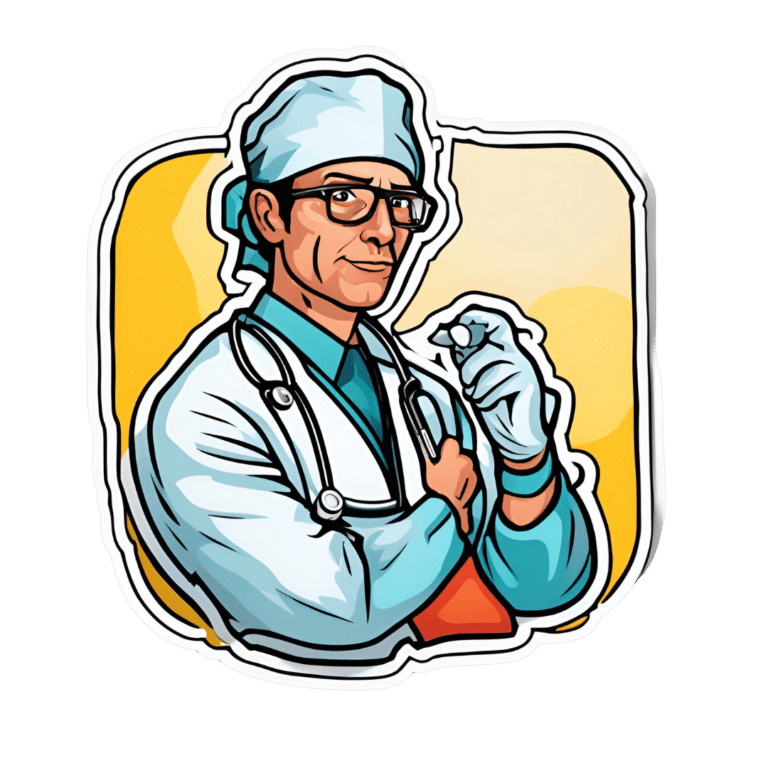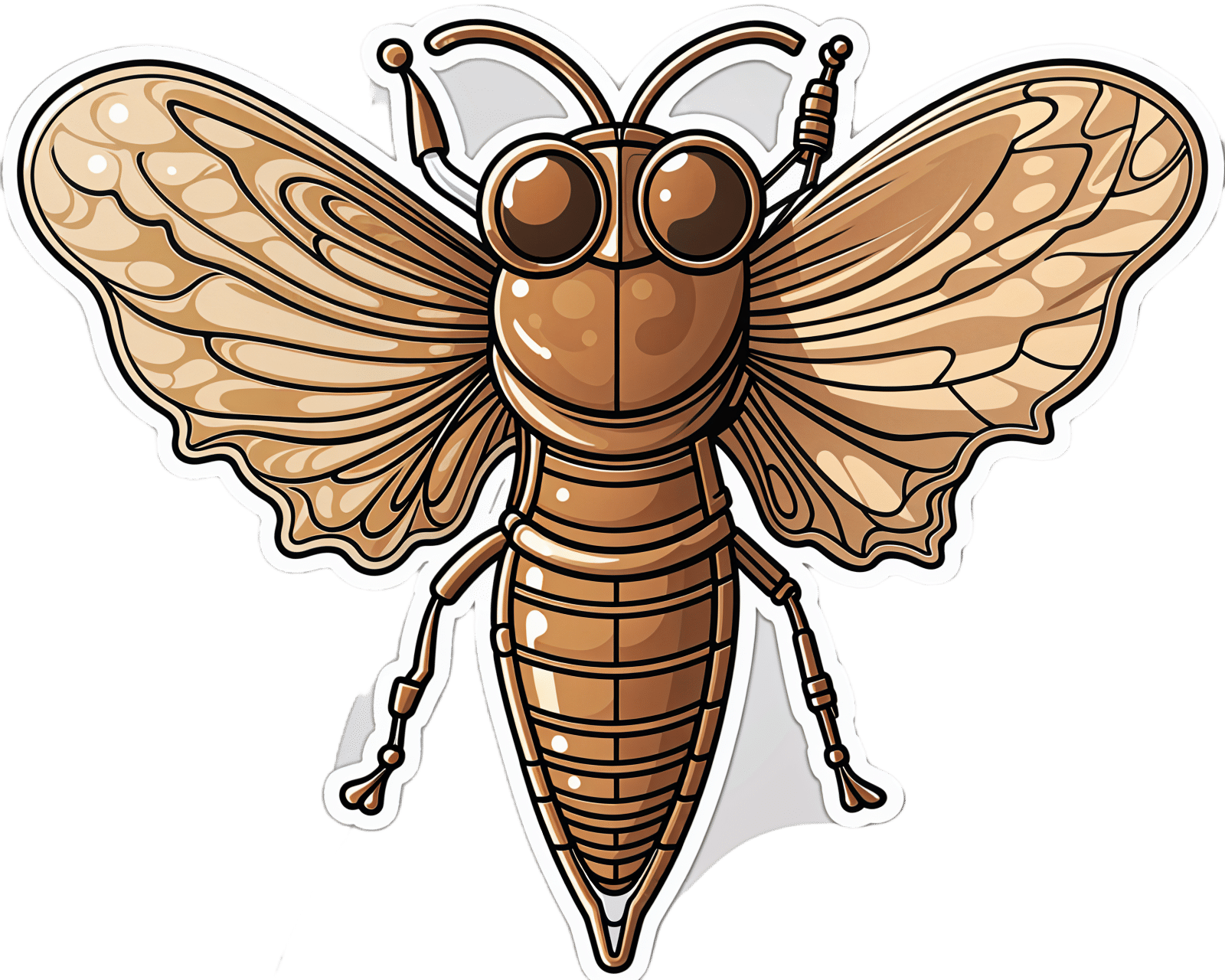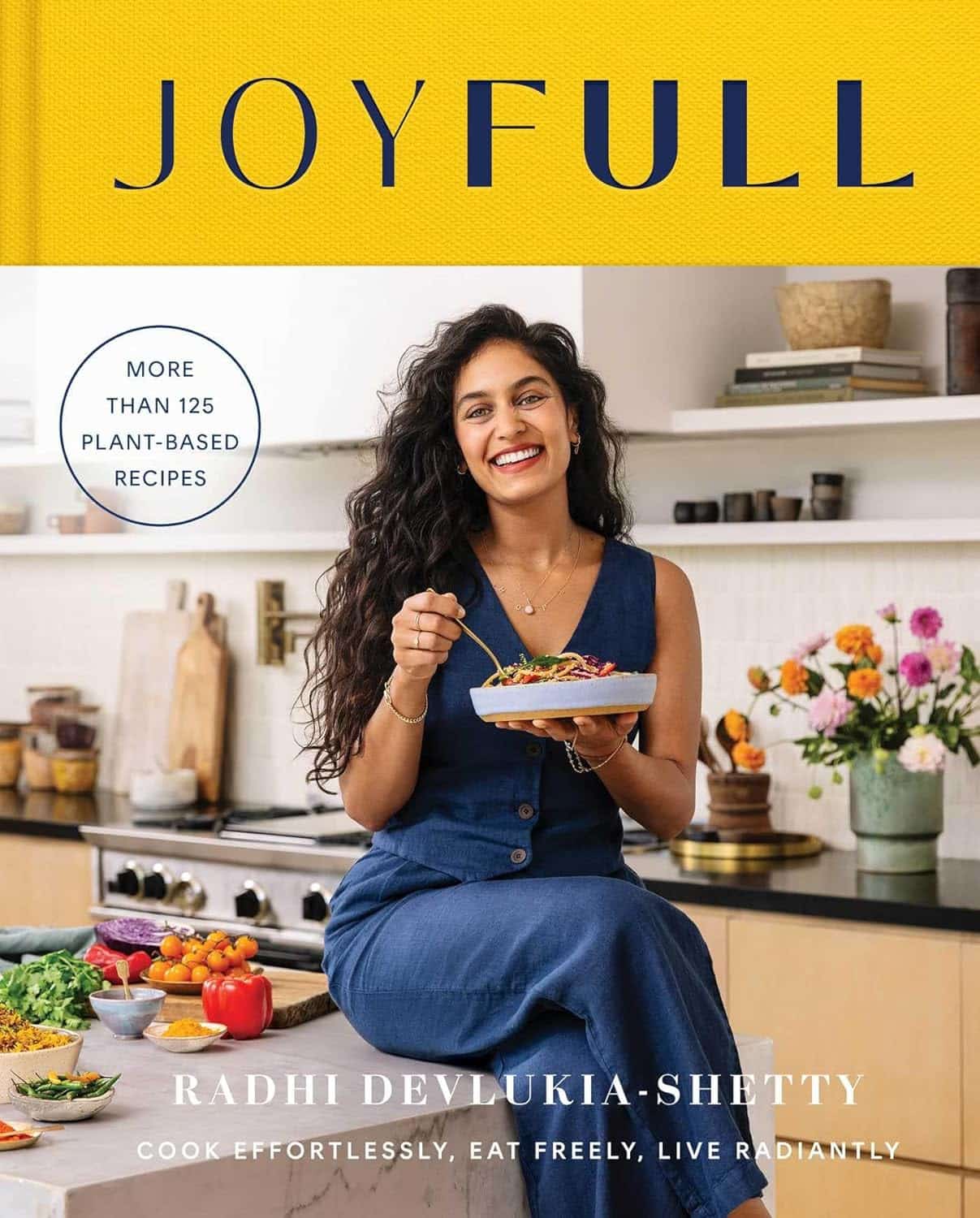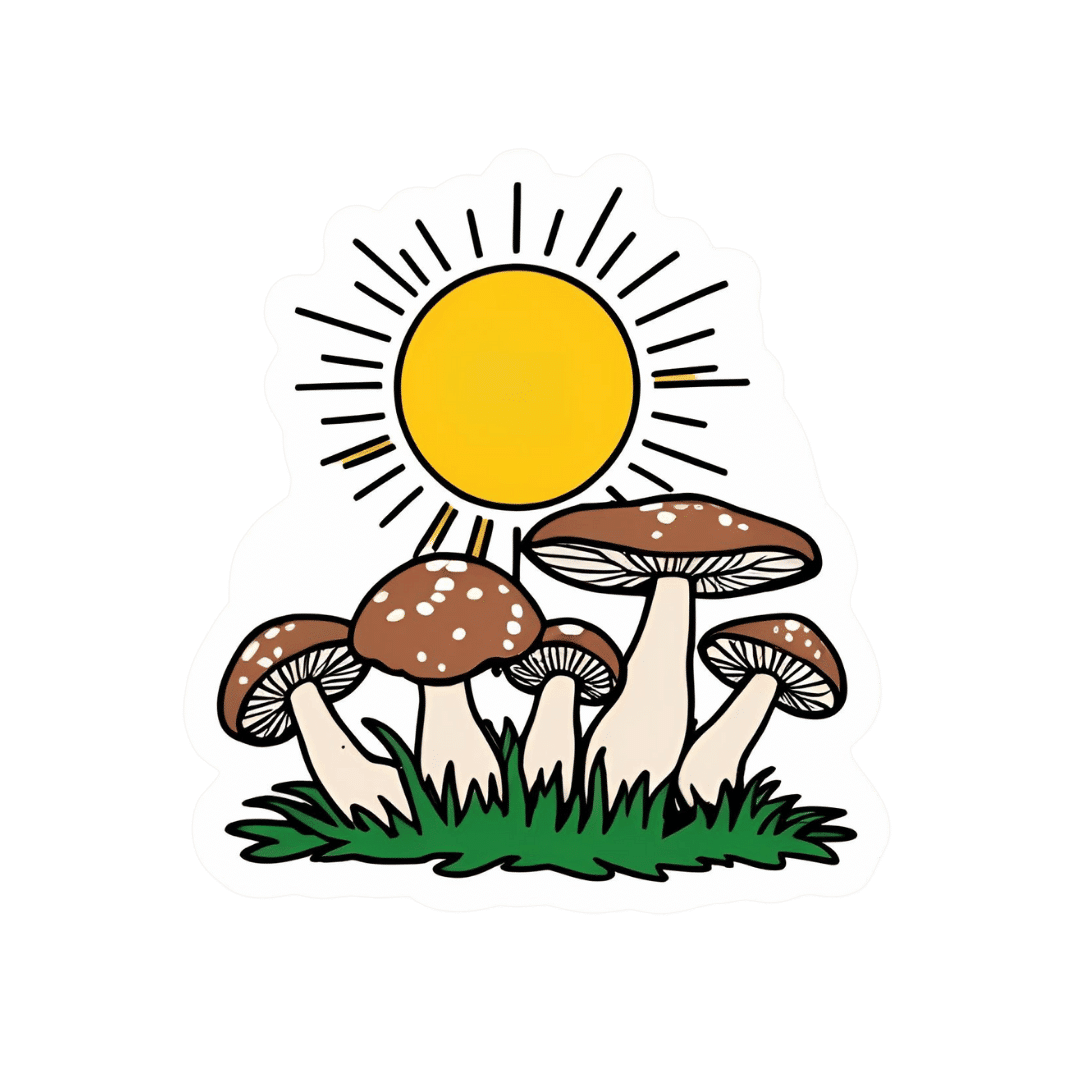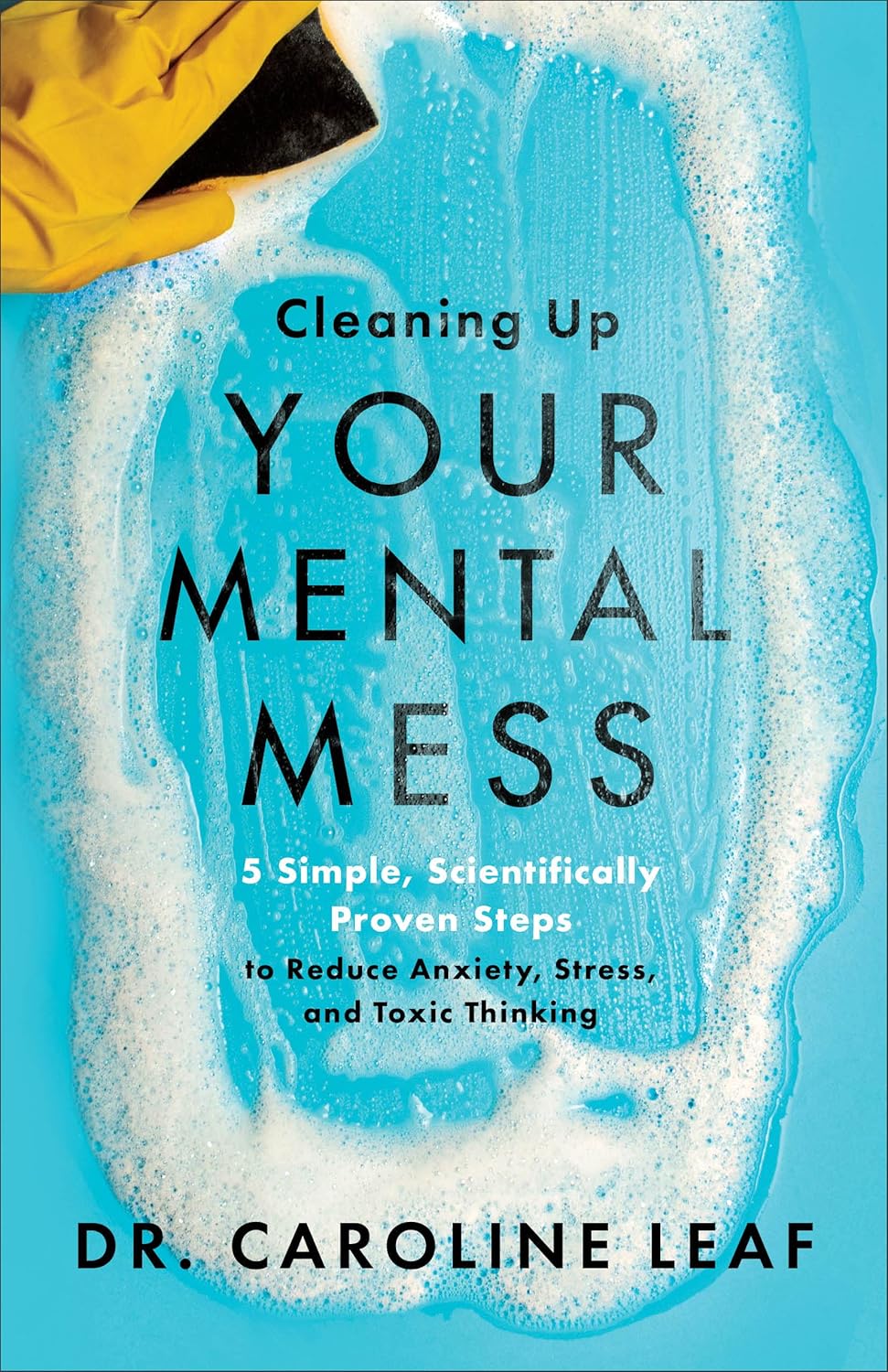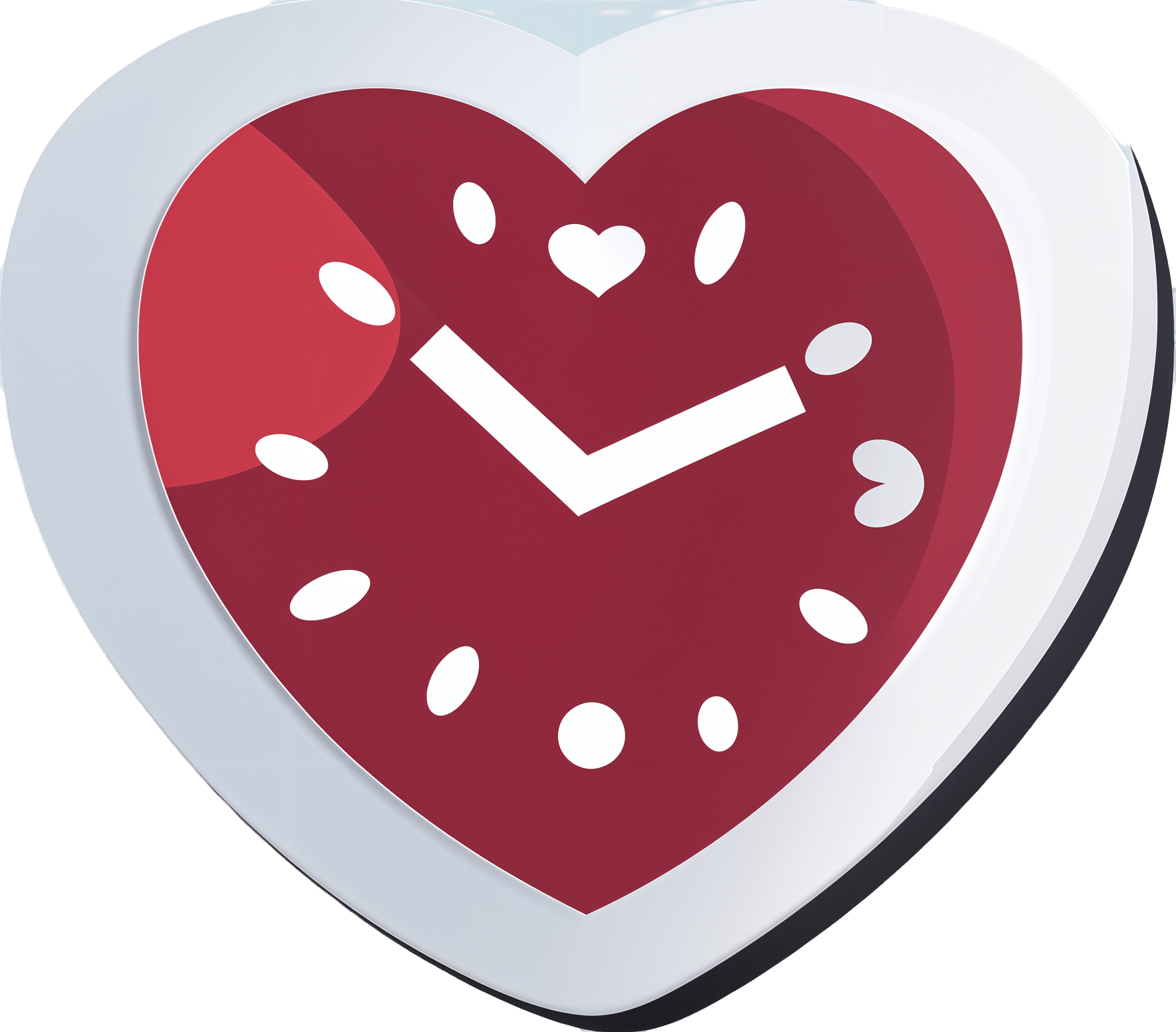
What’s Your Personal Life Expectancy?
10almonds is reader-supported. We may, at no cost to you, receive a portion of sales if you purchase a product through a link in this article.
Tick Tock… Goes the Death Clock?
This fun little test will ask a few questions about you and your lifestyle, and then make a prediction of your personal life expectancy, based on global statistics from the World Health Organisation.
And then the countdown starts… Literally, it generates a clock for you to see your life-seconds ticking away—this may or may not delight you, but it sure is a curiosity.
Their “Letters” page has a lot of reactions from people who just got their results (spoiler: people’s perspectives on life vary a lot)
Who mostly uses this service? According to their stats page, it’s mostly curious under-45s, with gradually less interest in knowing about it from 45 onwards… until the age of 70, when suddenly everyone wants to know about it again!
So Is It Possible To Pause The Clock On Aging? – Q&A Spotlight Interview
Life extension is sometimes viewed as the domain of the super-rich, and with less than half of Millennials (and almost none of Gen-Z) having retirement plans, often those of us who aren’t super-rich have more mundane (and immediate!) goals than living to 120.
And yet…
Middle class and working class life-extensionists do exist, even if not garnering the same media attention. We think that’s strange—after all, while the whimsies of the super-rich may be entertaining to read about, it’s not nearly as applicable to most people as more relatable stories:
- The twenty-something who gives up smoking and adds (healthier!) years to their life
- The thirty-something who adopts a plant-based diet and is less likely to die of heart disease
- The forty-something who stops drinking, and avoids health conditions and mishaps alike
- The fifty-something who reconsiders their health plan in light of their changing body
- The sixty-something who takes up yoga, or chess, or salsa dancing
- The seventy-something who gets asked what their secret is
- …and so on
But these are ideas, textbook examples. What if we make it more personal?
We interviewed 10 Almonds subscriber and longevity enthusiast Anastasia S., and here’s what she had to say:
Q: What does life extension mean to you, in your life?
A: To me, the key is healthy life extension. People often joke “I don’t want to live longer; the last years are the worst!” but they’re missing the point that after a certain age, those difficulties are coming whether they come at 50 or 70 or 90. Personally, I’d rather keep them at bay if I can.
Q: How do you do that?
A: Firstly, which won’t be a shock: good diet and exercise. Those two things are possibly the biggest active influences on my longevity. I’m vegan, which I don’t think is outright necessary for good health but done right, it can certainly be good. In this house we eat a lot of whole grains, beans, lentils, vegetables in general, nuts too. As for exercise, I do 30–60 minutes of Pilates daily; it’s nothing fancy and it’s just me in my pajamas at home, but it keeps me strong and fit and supple. I also walk everywhere; I don’t even own a car. Beyond that… I don’t drink or smoke (probably the biggest passive influences on my longevity, i.e., things that aren’t there to make it shorter), and I try to take my sleep seriously, making sure to schedule enough time and prepare properly for it.
Q: Take your sleep seriously? How so?
A: Good “sleep hygiene” as some call it—I schedule a little wind-down time before sleep, with no glaring screens or main lights, making a space between my busy day and restful sleep, kicking anything requiring brainpower to the morning, and making a conscious choice not to think more about those things in the meantime. I take care to make my sleeping environment as conducive as possible to good sleep too; I have a good mattress and pillows, I make sure the temperature is cool but cosy. I have a pot of herbal tea on my bedside table—I hydrate a lot.
Q: Do you take any supplements?
A: I do! They’re mostly quite general though, just “covering my bases”, so to speak. I take a daily nootropic stack (a collection of supplements specifically for brain health), too. I buy them in bulk, so they don’t cost so much.
Q: This seems quite a healthy lifestyle! Do you have any vices at all?
A: I definitely drink more coffee than I probably should! But hey, nobody’s perfect. I do love coffee, though, and as vices go, it’s probably not too bad.
Q: How’s it all working out for you? Do you feel younger?
A: I’m 38 and sometimes I feel like a teenager; sometimes I feel like an old lady. But the latter is usually for social reasons, not health-related reasons. I do have streaks of gray in my hair though, and I love that! If people don’t notice my grays, then they often think I’m in my 20s, rather than pushing 40. A little while back, I was stopped in the street by someone wanting to sell me a change of household utilities provider, then she stopped herself mid-sentence and said “Oh but wait, you look a bit too young, never mind”. Most general metrics of health would put me in my 20s.
Q: That’s interesting that you love your gray hairs, for someone who wants to stay young; is it an exception?
A: It’s more that I want to minimize the problems that come with age, and not everything’s a problem. Gray hairs are cool; joint pain, not so much. A long life rich with experiences is cool; memory loss, not so much. So, I try to keep healthy, and wear my years as best I can.
Q: Sounds good to us; good luck with it!
A: Thank you; I do my best!
Here at 10 Almonds, we love featuring what our readers are doing to improve their health; if you’re willing to be featured in our newsletter, let us know by replying to this email (where an actual human will read it, we promise!)
Don’t Forget…
Did you arrive here from our newsletter? Don’t forget to return to the email to continue learning!
Recommended
Learn to Age Gracefully
Join the 98k+ American women taking control of their health & aging with our 100% free (and fun!) daily emails:
-
Chorus or Cacophony? Cicada Song Hits Some Ears Harder Than Others
10almonds is reader-supported. We may, at no cost to you, receive a portion of sales if you purchase a product through a link in this article.
ST. LOUIS — Shhhooo. Wee-uuu. Chick, chick, chick. That’s the sound of three different cicada species. For some people, those sounds are the song of the summer. Others wish the insects would turn it down. The cacophony can be especially irritating for people on the autism spectrum who have hearing sensitivity.
Warren Rickly, 14, lives in suburban south St. Louis County, Missouri. Warren, who has autism, was at the bus stop recently waiting for his younger brother when the sound of cicadas became too much to bear.
“He said it sounds like there’s always a train running next to him,” his mother, Jamie Reed, said.
Warren told her the noise hurt.
Starting this spring, trillions of the red-eyed insects crawled their way out of the ground across the Midwest and Southeast. It’s part of a rare simultaneous emergence of two broods — one that appears every 13 years, the other every 17.
The noisy insects can be stressful. People with autism can have a sensitivity to texture, brightness, and sound.
“I think the difference for individuals with autism is the level of intensity or how upsetting some of these sensory differences are,” said Rachel Follmer, a developmental and behavioral pediatrician at Lurie Children’s Hospital in Chicago.
“It can get to the extreme where it can cause physical discomfort,” she said.
When a large group of cicadas starts to sing, the chorus can be as loud as a motorcycle. Researchers at the University of Missouri-St. Louis this year crowdsourced cicada noise levels as high as 86 decibels, about as loud as a food blender.
That can be stressful, not melodic, Follmer said.
To help children cope, she suggests giving them a primer before they encounter a noisy situation. For cicadas, that could mean explaining what they are, that they don’t bite or sting, and that they’ll be here for just a short time.
“When something is uncomfortable, not having power in that situation can be very scary for a lot of individuals, whether you’re on the spectrum or not,” Follmer said.
Jamie Reed’s family has been using this and other strategies to help her son. Warren wears noise-canceling headphones, listens to music, and has been teaching himself about cicadas.
“For him, researching it and looking into it I think grounds him a little bit,” Reed said.
Fatima Husain is a professor and neuroscientist at the University of Illinois Urbana-Champaign and studies how the brain processes sound. She said people with tinnitus may also struggle with cicada song.
Tinnitus, a ringing or other noise in the ears, is a person’s perception of sound without an external source.
“Some people say it sounds like buzzing, like wind blowing through trees, and ironically, quite a few people say it sounds like cicadas,” Husain said.
For most people with tinnitus the cicada’s song is harmless background noise, according to Husain, but for others the ringing can prevent easy conversation or sleep. Those with tinnitus are also more likely to have anxiety or depression. A loud persistent sound, like singing cicadas, can make someone’s tinnitus worse, Husain said.
It’s not always bad, though. The cicada’s song can also be a relief.
For some, tinnitus gets worse in a quiet environment. Husain said she’s seen reports this year of patients saying the cicadas’ song has been like soothing white noise.
“The sound is loud enough that in some ways it’s drowning their internal tinnitus,” Husain said.
As loud as the cicadas can be, they won’t necessarily damage anyone’s hearing, according to the Centers for Disease Control and Prevention. Hearing loss builds up over time from repeated exposure to loud sounds. Cicadas aren’t loud enough for long enough to do lasting damage, Husain said.
Everyday sources of noise come with a higher risk. Husain said constant exposure to loud highways, an airport, industrial sites, or household appliances like blenders and hair dryers can be a concern. And they can take a toll on someone’s emotional well-being.
“If you are being exposed to very loud sounds for a part of your school day or your working day, it may make you more stressed out; it may make you more angry about things,” she said.
Unlike the highway or an airport, cicadas won’t be around long. Most of the current brood will be gone in the next few weeks. Just in time for another noisy summer event: the Fourth of July.
KFF Health News is a national newsroom that produces in-depth journalism about health issues and is one of the core operating programs at KFF—an independent source of health policy research, polling, and journalism. Learn more about KFF.
Subscribe to KFF Health News’ free Morning Briefing.
Share This Post
-
JoyFull – by Radhi Devlukia-Shetty
10almonds is reader-supported. We may, at no cost to you, receive a portion of sales if you purchase a product through a link in this article.
We haven’t done a recipe book in a little while, so here’s a good one!
The focus of this book is getting more plants and spices into your diet, and doing it deliciously.
Healthwise, there is nothing controversial here: the recipes are all plant-based, mostly whole-foods, and the items that aren’t whole foods are things like “vanilla extract”.
The recipes themselves (of which there are 125) are presented clearly and simply, one to a double-page (although sometimes there will be a suggested variation on the same double-page), ideal for use in a kitchen bookstand. For each recipe, there’s a clear photo of the end result, so you know what you’re working towards.
The ingredients are not too obscure, and can be acquired from more or less any large supermarket.
Bottom line: if you’re looking to expand your plant-based cooking repertoire in a way that’s not just substitutions, then this book provides an excellent variety.
Click here to check out JoyFull, and get a taste of Ayurvedic cooking!
Share This Post
-
Vitamin D2 vs Vitamin D3: What You Would Benefit From Knowing
10almonds is reader-supported. We may, at no cost to you, receive a portion of sales if you purchase a product through a link in this article.
It’s Q&A Day at 10almonds!
Have a question or a request? We love to hear from you!
In cases where we’ve already covered something, we might link to what we wrote before, but will always be happy to revisit any of our topics again in the future too—there’s always more to say!
As ever: if the question/request can be answered briefly, we’ll do it here in our Q&A Thursday edition. If not, we’ll make a main feature of it shortly afterwards!
So, no question/request too big or small 😎
❝Hi, is there any important difference between vitamin d2 and vitamin d3? Is one better than the other?❞
There is indeed! And one is better than the other!
Where they come from
You’ll find a lot of sources that will tell you “Vitamin D2 is from plants, D3 is from animals”, and in fact only the second half of that is true.
In nature, there are no plants that are known to produce vitamin D.
Vitamin D2, however, is produced by many fungi, as well as algae, neither of which are part of the Kingdom Plantae.
Vitamin D3, meanwhile, is produced by many animals (including humans).
When “the sun” is sometimes considered a source of vitamin D, that’s true only insofar as the sun is also a source of tomatoes, for example, which required the sun to grow. While we humans (and other animals) cannot photosynthesize in general, producing vitamin D is something we can do if exposed to UV light (such as from the sun).
However, of course exposure to UV light (such as from the sun) comes with other problems, so… Should we get sun exposure or not?
We weighed up the balance of evidence, here: The Sun Exposure Dilemma
If, like this writer, you are a mostly crepuscular being who avoids the sun, we have good news: mushrooms can do the sunbathing for us!
❝Exposing mushrooms to UV (from sunlight or in a laboratory) increases the amount of vitamin D in mushrooms by nearly eightfold. Putting five store-bought button mushrooms in the sun, or just one portobello mushroom, produces 24 µg of vitamin D, which translates to nearly 1000 international units, providing the amount of vitamin D one needs in an entire day, and the equivalent found in most vitamin D supplements.
If you’re wondering if the vitamin D from mushrooms actually makes it into your bloodstream, it does. A recent meta-analysis of randomized controlled trials showed that tanned (UV-exposed) mushrooms may be effective in increasing active vitamin D levels in adults with low levels of vitamin D, and studies (randomised controlled trials) have shown that it may be just as effective as supplements at increasing vitamin D levels in the blood (here, and here).
Some research is very positive, saying that putting your mushrooms in direct sunlight for 10–15 minutes may provide you with 100% of your daily vitamin D needs, and the vitamin D content in sunlight-exposed mushrooms may be retained with refrigeration for up to 8 days.
The production of vitamin D may be increased by a further 30% by placing them in the sun with the underside, or gills, facing up, or by 60% if you slice them.❞
Read all about it: Tan your mushrooms, not your skin
Which is better?
In few words: D3 is better.
They both do the exact same job, but with D3, you simply get more bang-for-buck:
❝The WMD in change in total 25(OH)D based on 12 daily dosed vitamin D2-vitamin D3 comparisons, analyzed using liquid chromatography-tandem mass spectrometry, was 10.39 nmol/L (40%) lower for the vitamin D2 group compared with the vitamin D3 group.
Vitamin D3 leads to a greater increase of 25(OH)D than vitamin D2, even if limited to daily dose studies, but vitamin D2 and vitamin D3 had similar positive impacts on their corresponding 25(OH)D hydroxylated forms.❞
Note: “WMD” here means “weighted mean difference”, not “weapons of mass destruction”
About that “and importance of BMI”, by the way: in persons with a BMI >25, there was no longer a difference between the two forms. Literally, no difference at all; the difference was reduced to 0%.
Another study found similarly, but with different numbers (finding a greater difference), and without recording BMI as a factor:
❝D3 is approximately 87% more potent in raising and maintaining serum 25(OH)D concentrations and produces 2- to 3-fold greater storage of vitamin D than does equimolar D2.❞
See the paper: Vitamin D3 Is More Potent Than Vitamin D2 in Humans
“Well that sucks, because I’m vegan”
Fear not, you can get vegan D3 too.
Much like “you can’t get vegan B12” (but you can; it’s made by yeast), there are vegan D3 supplements, made by lichen.
The trouble with lichen, when it comes to classifying it, it that it’s actually a hybrid colony of many small, strange things (beyond the scope of this article, but they are fascinating, so this writer is holding herself back by the scruff of the neck from explaining in detail), some of which are technically part of Kingdom Animalia, but it is hard to find even the most ardent vegan who will object to consuming bacteria, for example.
Want to try some?
We don’t sell it, but here for your convenience is an example product on Amazon 😎
But watch out with the doses, if supplementing vitamin D in either form, because…
Vit D + Calcium: Too Much Of A Good Thing? ← this also talks about safe and effective doses, and what goes wrong if you take too much
Take care!
Share This Post
Related Posts
-
How To Keep Your Mind From Wandering
10almonds is reader-supported. We may, at no cost to you, receive a portion of sales if you purchase a product through a link in this article.
Whether your mind keeps wandering more as you get older, or you’re a young student whose super-active brain is more suited to TikTok than your assigned reading, sustained singular focus can be a challenge for everyone—and yet (alas!) it remains a required skill for so much in life.
Today’s edition of 10Almonds presents a nifty trick to get yourself through those tasks! We’ll also be taking some time to reply to your questions and comments, in our weekly interactive Q&A.
First of all though, we’ve a promise to make good on, so…
How To Stay On The Ball (Or The Tomato?) The Easy Way
For most of us, we face three main problems when it comes to tackling our to-dos:
- Where to start?
- The task seems intimidating in its size
- We get distracted and/or run out of energy
If you’re really not sure where to start, we recommended a powerful tool in last Friday’s newsletter!
For the rest, we love the Pomodoro Technique:
- Set a timer for 25 minutes, and begin your task.
- Keep going until the timer is done! No other tasks, just focus.
- Take a 5-minute break.
- Repeat
This approach has three clear benefits:
- No matter the size of the task, you are only committing to 25 minutes—everything is much less overwhelming when there’s an end in sight!
- Being only 25 minutes means we are much more likely to stay on track; it’s easier to defer other activities if we know that there will be a 5-minute break for that soon.
- Even without other tasks to distract us, it can be difficult to sustain attention for long periods; making it only 25 minutes at a time allows us to approach it with a (relatively!) fresh mind.
Have you heard that a human brain can sustain attention for only about 40 minutes before focus starts to decline rapidly?
While that’s been a popular rationale for school classroom lesson durations (and perhaps coincidentally ties in with Zoom’s 40-minute limit for free meetings), the truth is that focus starts dropping immediately, to the point that one-minute attention tests are considered sufficient to measure the ability to focus.
So a 25-minute Pomodoro is a more than fair compromise!
Why’s it called the “Pomodoro” technique?
And why is the 25-minute timed work period called a Pomodoro?
It’s because back in the 80s, university student Francesco Cirillo was struggling to focus and made a deal with himself to focus just for a short burst at a time—and he used a (now “retro” style) kitchen timer in the shape of a tomato, or “pomodoro”, in Italian.
If you don’t have a penchant for kitsch kitchenware, you can use this free, simple Online Pomodoro Timer!
(no registration/login/download necessary; it’s all right there on the web page)
Don’t Forget…
Did you arrive here from our newsletter? Don’t forget to return to the email to continue learning!
Learn to Age Gracefully
Join the 98k+ American women taking control of their health & aging with our 100% free (and fun!) daily emails:
-
Cleaning Up Your Mental Mess – by Dr. Caroline Leaf
10almonds is reader-supported. We may, at no cost to you, receive a portion of sales if you purchase a product through a link in this article.
First of all, what mental mess is this? Well, that depends on you, but common items include:
- Anxiety
- Depression
- Stress
- Trauma
Dr. Caroline Leaf also includes the more nebulous item “toxic thoughts”, but this is mostly a catch-all term.
Given that it says “5 simple scientifically proven steps”, it would be fair if you are wondering:
“Is this going to be just basic CBT stuff?”
And… First, let’s not knock basic CBT stuff. It’s not a panacea, but it’s a great tool for a lot of things. However… Also, no, this book is not about just basic CBT stuff.
In fact, this book’s methods are presented in such a novel way that this reviewer was taken aback by how unlike it was to anything she’d read before.
And, it’s not that the components themselves are new—it’s just that they’re put together differently, in a much more organized comprehensive and systematic way, so that a lot less stuff falls through the cracks (a common problem with standalone psychological tools and techniques).
Bottom line: if you buy one mental health self-help book this year, we recommend that it be this one
Click here to check out Cleaning Up Your Mental Mess, and take a load off your mind!
Don’t Forget…
Did you arrive here from our newsletter? Don’t forget to return to the email to continue learning!
Learn to Age Gracefully
Join the 98k+ American women taking control of their health & aging with our 100% free (and fun!) daily emails:
-
Aspirin vs Cancer Metastasis
10almonds is reader-supported. We may, at no cost to you, receive a portion of sales if you purchase a product through a link in this article.
Aspirin is a bit of a mixed bag.
In the category of things in its favor, it’s a modest analgesic with few side effects from occasional use, so it’s a good option if you have a headache, for example.
Unless you’re already on blood thinners or having a bleeding disorder, in which case, aspirin is not the thing to reach for.
About aspirin and heart disease
This is actually a complicated one, and we covered it at length in a dedicated main feature. If you want a one-line summary, it’s “chronic low-dose aspirin use can lower overall CVD risk, but does not reduce CVD mortality or all-cause mortality, and you may pay for it with gastrointestinal bleeding, and increased risk of ulcers“.
For a more nuanced explanation, see: Aspirin, CVD Risk, & Potential Counter-Risks
On the other hand, if you are having a heart attack and are waiting for the ambulance that you already called, and have aspirin to hand that you don’t have to go looking for, then it can be good to take a dose then.
For more on that, see: How To Survive A Heart Attack When You’re Alone
There are more problems
In the case of chronic use of low-dose aspirin, not only does it increase the risks of bleeding, especially gastrointestinal bleeding, and ulcers, but also it increases the risk of anemia. Given that anemia also gives the symptom “dizziness”, this is also a significant threat for increasing the incidence of falls in the older population, too, which can of course lead to serious complications and ultimately death.
For the science about this, see: Low-Dose Aspirin & Anemia
Now, about aspirin and cancer metastasis
This one’s a point in aspirin’s favor.
Cancer is, in and of itself, obviously a big problem. In terms of when it’s most likely to kill someone, that is usually when the cancer becomes metastatic, that is to say, it has spread.
So, while preventing cancer and, failing that, killing cancer are very important goals, there is a third axis to cancer care, which is preventing metastasis in someone who has cancer.
And that’s what aspirin does. How, you ask?
Scientists found this one out by accident!
They were doing genetic research in mice, to find genes that had an effect on metastasis. In the process, they found a certain gene that instructs the creation of a certain protein, and mice that lacked that gene (and thus its associated protein) had less metastasis.
The protein in question suppresses T-cells, which are programmed to recognize and kill metastatic cancer cells (amongst having other great jobs; they are an important part of the immune system in general, and one that declines with aging; most people in their 60s or older are producing very few T-cells).
About that, see: Focusing On Health In Our Sixties
Tracing the cell signaling, the researchers found that the protein is activated when T-cells are exposed to thromboxane A2 (or TXA2 to its friends).
And TXA2? That’s produced by platelets, and aspirin works by inhibiting TXA2 production, effectively making platelets (and thus the blood as a whole) less sticky.
So, that’s quite a few steps in the process, but ultimately:
- Aspirin inhibits TXA2 production
- Lower TXA2 levels mean ARHGEF1 (that’s the protein) isn’t activated
- ARHGEF1 not being activated means T-cells are free to do their thing
- T-cells are now free to kill metastatic cancer cells
You can read the paper here:
Aspirin prevents metastasis by limiting platelet TXA2 suppression of T cell immunity
Take care!
Don’t Forget…
Did you arrive here from our newsletter? Don’t forget to return to the email to continue learning!
Learn to Age Gracefully
Join the 98k+ American women taking control of their health & aging with our 100% free (and fun!) daily emails:

